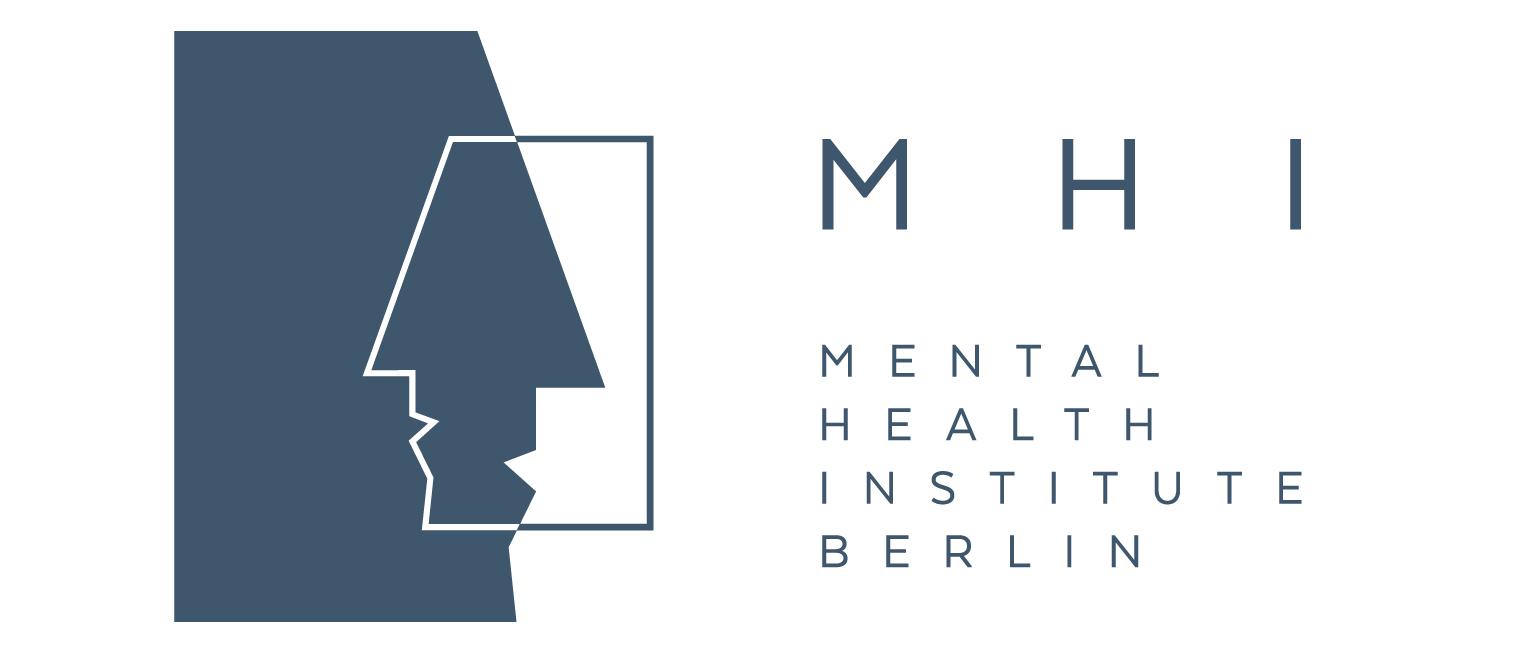
AMERICAN PSYCHOLOGY ASSOCIATION ANNUAL MEETING 2021
American Psychology Association Annual Meeting 2021
The American Psychology Association Annual Meeting 2021 in the words of Prof. Dr. Ion-George Anghelescu, Executive Chief of the Mental Health Institute Berlin.
From May 1-3, the APA Annual Meeting took place, in which Prof. Dr. Anghelescu also participated. The managing chief physician of the Mental Health Institute has provided our journal with an insight into the contents of this year’s symposium and some of his own thoughts. We would now like to share these with you as well.
Diversity, equality and inclusion
The annual congress of the American Psychiatric Association, this time exclusively online with 135 symposia and 1300 interactive poster presentations, was held early in May this year (https://www.psychiatry.org/psychiatrists/meetings/annual-meeting/).
Its theme was “Diversity, equity and inclusion,” and thus featured a wide-ranging lecture and symposium repertoire. For example, Lawrence J. Kirmayer reported on “Mind-Brain-and-Culture instead of biopsychosocial – ecosocial psychiatry.” This was about the great importance of the cultural context for diagnosis and treatment of mental illnesses. Especially here in Berlin, different cultures meet each other and the knowledge of commonalities (“Conditio Humana”) and at the same time differences in the perception of mental suffering facilitates the classification of illnesses and the specific individual therapies derived from it. Mechanistic explanations should also be embedded in biographical narratives. Although this has long been part of our daily work in all settings, day hospital and outpatient, it should be emphasized again and again. Another focus in this context represented “Anti-Asian American Racism” in addition to African American “Mental Health.” Finally, global, political and social aspects (coronavirus/COVID-19 and climate change) played the most important role alongside regional social psychiatry and new technology (telepsychiatry).
As an antidepressant with a novel mode of action, Esketamine, especially as a nasal application form, was discussed in detail, with a critical and balanced appreciation of all treatment aspects, from efficacy and tolerability to practical application. Richard C. Shelton did this in his presentation titled “Ketamine for Depression: Is The Hype Holding Up? Mechanisms and Evidence.”
In Germany, this drug has been available since 2019 and has now received official approval for the treatment of depressive episodes in psychiatric emergency settings – including suicidality – in addition to the indication “treatment-resistant depression.” We can also use this substance in our clinic after consultation with the respective health insurance.
Derived from the NMDA receptor antagonist Esketamine, various glutamatergic substances that may also be orally active are currently under clinical investigation. At the MHI, we are trying to keep track of all innovations and to integrate them into everyday practice once they have been approved.
In a symposium chaired by Bernardo Ng, calming, mindfulness-enhancing breathing techniques for mothers with newborns were presented. There are now prospective randomized, i.e., methodologically high-quality, studies on this topic documenting the positive effects in an “insecure world” (“Coherent breathing reduces anxiety pre- and post-partum; in an insecure world breath-based practices promote secure attachment.”). Bruce Godfrey Pollock’s presentation addressed the diverse challenges of appropriate, safe psychopharmacology in older age (“The challenges of clinical Pharmacology and Pharmacogenetics in Late Life”). In addition to the general reduced metabolism of drugs due to impaired liver and kidney function, one particular isoenzyme of the liver (cytochrome P450-2C19) seems to be inactive. This is important for the metabolism of various antidepressants, proton pump inhibitors and clopidogrel. Thus, in old age, these substances are less degraded and may lead to more side effects due to higher serum concentrations.
Stephen B. Levine reported on clinical sexuality in a psychiatric context in his didactically high-quality lecture. He divided this topic, which is significant to people to varying degrees, into “simpler” and “more complex” challenges. The former include monitoring sexual side effects of medications, and the latter include dealing with heartbreak and re-establishment of sexual activity in long-term relationships where this area is problematic.
A highly interesting presentation, summarizing within 20 minutes all the important new data on COVID-19, came from Anthony Fauci. He had been invited because both acute and longer-term consequences are being noted in mental health due to the virus itself, but also due to political-social actions. We also feel this on a daily basis in our day clinic at the MHI.


Mental Health Institute
The Mental Health Institute (MHI) Berlin is a private clinic that offers modern and scientifically serious day-clinical and outpatient treatment to people with mental problems and suffering.
